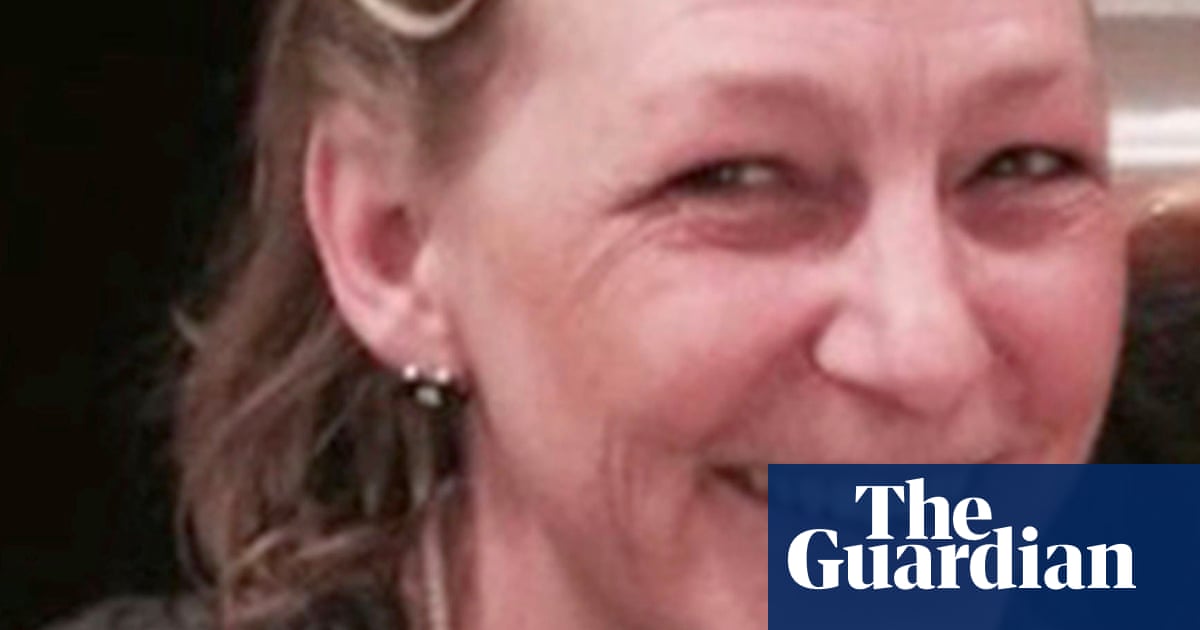
Theresa May has said “justice is highly unlikely” to come for the victims of the novichok attacks in Wiltshire, in an interview broadcast days before an inquiry opens into the Russian state poisonings.
The former prime minister said she hoped that the family and friends of Dawn Sturgess, who was killed in 2018 after she was exposed to the nerve agent, would find comfort from the inquiry into her death and feel that it had “got to the truth” of what happened.
The former Russian spy Sergei Skripal was the target of the poisoning in March 2018. He, his daughter Yulia and a police officer, DS Nick Bailey, were poisoned but survived.
Four months later, Sturgess, 44, and her partner, Charlie Rowley, were also poisoned after he found a discarded perfume bottle containing the chemical weapon and unwittingly gave it to her. Rowley recovered but Sturgess died on 8 July 2018.
An independent inquiry into Sturgess’s death opens in Salisbury on Monday. The Skripals will not attend the hearing over fears for their security.
In an interview with the BBC’s Crime Next Door: Salisbury Poisonings podcast, May, who was prime minister at the time, said of the inquiry: “I would hope by the end of it the family and friends of Dawn Sturgess feel it has got to the truth.”
The three Russian men thought to have been behind the attacks are the subject of an international arrest warrant. But since the Russian constitution does not allow its citizens to be extradited, it is highly unlikely they will ever stand trial.
May said: “Closure to all the people affected would only finally come with justice, and that justice is highly unlikely to happen.”
Sergey Fedotov is alleged to have been the on-the-ground commander of Alexander Petrov and Ruslan Boshirov, who are understood to have been working for Russia’s GRU military spy agency. Petrov and Boshirov are suspected of having smeared novichok on the handle of the former GRU officer Skripal’s front door.
May said the men acted with “utter recklessness”. She said: “You felt they just didn’t care about anything.”
A preliminary hearing at the Royal Courts of Justice in June heard that the Sturgess family wanted the Skripals to give oral evidence to address “unanswered questions”.
In a judgment published later, the Skripals were excused from appearing because of an “overwhelming risk” of another assassination attempt.
Source: theguardian.com

















